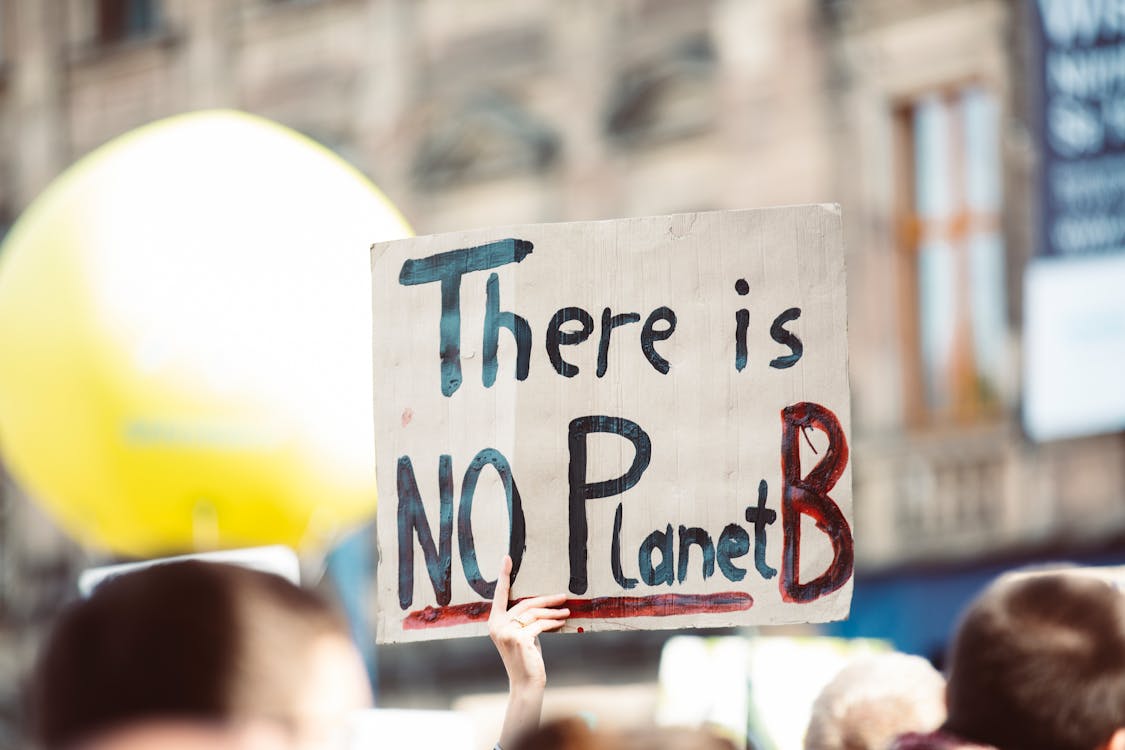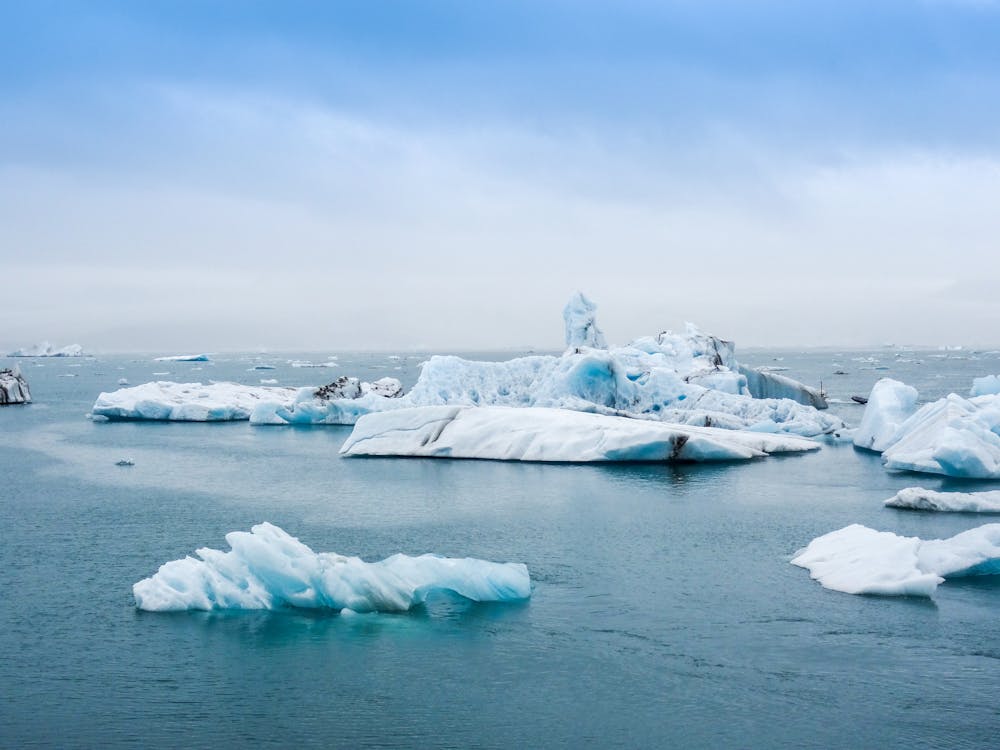Eco-Anxiety: The Growing Mental Health Issue Tied to Climate Change
As the effects of climate change become more apparent, a new mental health issue has emerged: eco-anxiety. Defined as chronic fear of environmental doom, eco-anxiety is affecting people worldwide, particularly younger generations who feel overwhelmed by the pressing and seemingly irreversible impact of climate change. This anxiety stems not only from the awareness of environmental degradation but also from the perceived inability to make a meaningful difference.
This article delves into eco-anxiety, exploring its causes, psychological impacts, and strategies to cope with it while highlighting actionable ways to contribute positively to environmental causes.
What is Eco-Anxiety?
Eco-anxiety, a term first coined by psychologists in recent years, is characterized by a deep sense of worry, fear, or helplessness regarding the state of the environment. As global temperatures rise, ecosystems collapse, and species face extinction, more people are experiencing profound concern for the future of the planet.
For many, eco-anxiety manifests in physical symptoms like trouble sleeping, irritability, and difficulty focusing, alongside emotional distress like sadness, guilt, or anger. While climate change is not a direct mental illness, the dread it brings can exacerbate existing conditions like depression and anxiety.
The American Psychological Association (APA) acknowledges eco-anxiety as a legitimate mental health concern, particularly among young people who feel powerless about the state of the planet. Studies show that the youth, including Gen Z and Millennials, are increasingly affected by eco-anxiety, and some even cite climate-related fears as a reason to rethink having children.
The Growing Impact of Eco-Anxiety on Mental Health
While eco-anxiety is not officially classified as a mental health disorder, its effects are real and growing. According to a 2021 global survey by Lancet Planetary Health, about 60% of young people aged 16-25 said they felt “very worried” or “extremely worried” about climate change, with more than 45% reporting that climate anxiety negatively affected their daily lives.
The constant exposure to alarming headlines—rising sea levels, devastating wildfires, and melting ice caps—creates a sense of dread. Social media amplifies these fears, as visual evidence of environmental destruction becomes omnipresent. This relentless flow of distressing information can leave individuals feeling overwhelmed and helpless.
Psychological Coping Mechanisms for Eco-Anxiety
Despite its growing prevalence, there are strategies for managing eco-anxiety. Many psychological coping mechanisms focus on fostering resilience, mindfulness, and action. Here are some approaches:
- Acknowledge and Validate Feelings: It’s crucial to recognize that eco-anxiety is a valid response to the global environmental crisis. Suppressing or ignoring these feelings can lead to more significant mental health issues. Expressing emotions through journaling, art, or talking with others can help process the anxiety.
- Limit Media Consumption: The constant barrage of news on climate change can exacerbate feelings of hopelessness. Setting boundaries for media consumption, particularly on social media platforms, can help reduce anxiety. Choose specific, reputable sources for climate news and avoid sensationalist content that fuels fear without providing solutions.
- Practice Mindfulness and Grounding Techniques: Mindfulness-based therapies, like meditation and breathing exercises, are helpful in managing anxiety. They focus on staying present and grounding oneself, reducing the overwhelming feeling that everything is spiraling out of control. Guided visualizations focusing on healing the Earth can also provide mental relief.
- Seek Support and Community: Sharing your concerns with like-minded individuals can be a powerful way to mitigate eco-anxiety. Engaging in eco-conscious groups, support networks, or even eco-therapy sessions can create a sense of belonging and reduce feelings of isolation.
- Focus on Small, Positive Actions: One of the most potent antidotes to eco-anxiety is action. Focusing on what you can do, rather than what you can’t, can provide a sense of agency. Small changes, such as reducing plastic use, conserving water, or participating in local clean-up efforts, contribute positively and provide psychological relief.
Contributing Positively to Environmental Causes
While eco-anxiety stems from feelings of powerlessness, there are actionable steps everyone can take to feel empowered and make meaningful contributions to environmental sustainability. These actions can help shift the focus from distress to hope and foster a greater sense of control over one’s environmental impact.
- Adopt Sustainable Living Practices: Simple lifestyle changes can significantly reduce your carbon footprint. For instance, opting for public transportation, reducing energy consumption, composting, and supporting renewable energy sources all contribute to a healthier planet. These individual choices, when adopted by communities, can spark broader societal change.
- Support Environmental Advocacy: Aligning with environmental causes and organizations can amplify your impact. There are numerous NGOs, activist groups, and initiatives aimed at combatting climate change that need support—whether it’s volunteering time, making donations, or spreading awareness. Signing petitions, attending rallies, and participating in local government meetings are also effective ways to advocate for change.
- Invest in Eco-Friendly Products: As consumers, we have the power to shape industries. Choosing sustainable and ethical products encourages businesses to adopt environmentally friendly practices. Whether it’s choosing plant-based food, supporting slow fashion, or opting for biodegradable packaging, our purchasing choices can steer market demand toward sustainability.
- Raise Awareness and Educate: One of the most potent ways to combat climate change is through education. Raising awareness among family, friends, and even on social media can inspire others to take action. Initiatives like sharing eco-friendly tips, hosting workshops, or organizing community events focused on sustainability can have a ripple effect in promoting environmental consciousness.
- Engage with Local Ecosystems: Reconnecting with nature can help alleviate eco-anxiety while also providing a tangible way to help the environment. Community gardening, tree planting, or beach cleanups are hands-on ways to protect local ecosystems. Developing a personal connection with the land and its creatures fosters a sense of stewardship, turning anxiety into action.
Hope for the Future
Despite the weight of eco-anxiety, there are reasons to be hopeful. A growing number of people worldwide are embracing environmental causes, and technological advances are providing new tools for tackling climate change. Global movements like “Fridays for Future,” initiated by young climate activists, show that collective action can drive policy changes and shift societal values toward sustainability.
Moreover, businesses are increasingly adopting sustainable practices, governments are signing climate agreements, and renewable energy sources are becoming more accessible. These are signs that the world is moving in the right direction, albeit slowly. While the road ahead remains challenging, there is hope that future generations can live on a healthier, more sustainable planet.
Conclusion
Eco-anxiety, while a growing mental health issue, also serves as a call to action. It signifies that people are aware of the pressing environmental challenges we face and are grappling with how best to respond. The psychological toll of climate change can be mitigated by recognizing our feelings, limiting distressing media consumption, and taking action—no matter how small.
By adopting sustainable practices, advocating for climate policies, and raising awareness, we can contribute positively to environmental causes. In doing so, we not only help the planet but also soothe the mental and emotional burdens tied to eco-anxiety. Together, we can turn fear into hope and foster a future where both humanity and nature can thrive.


No responses yet